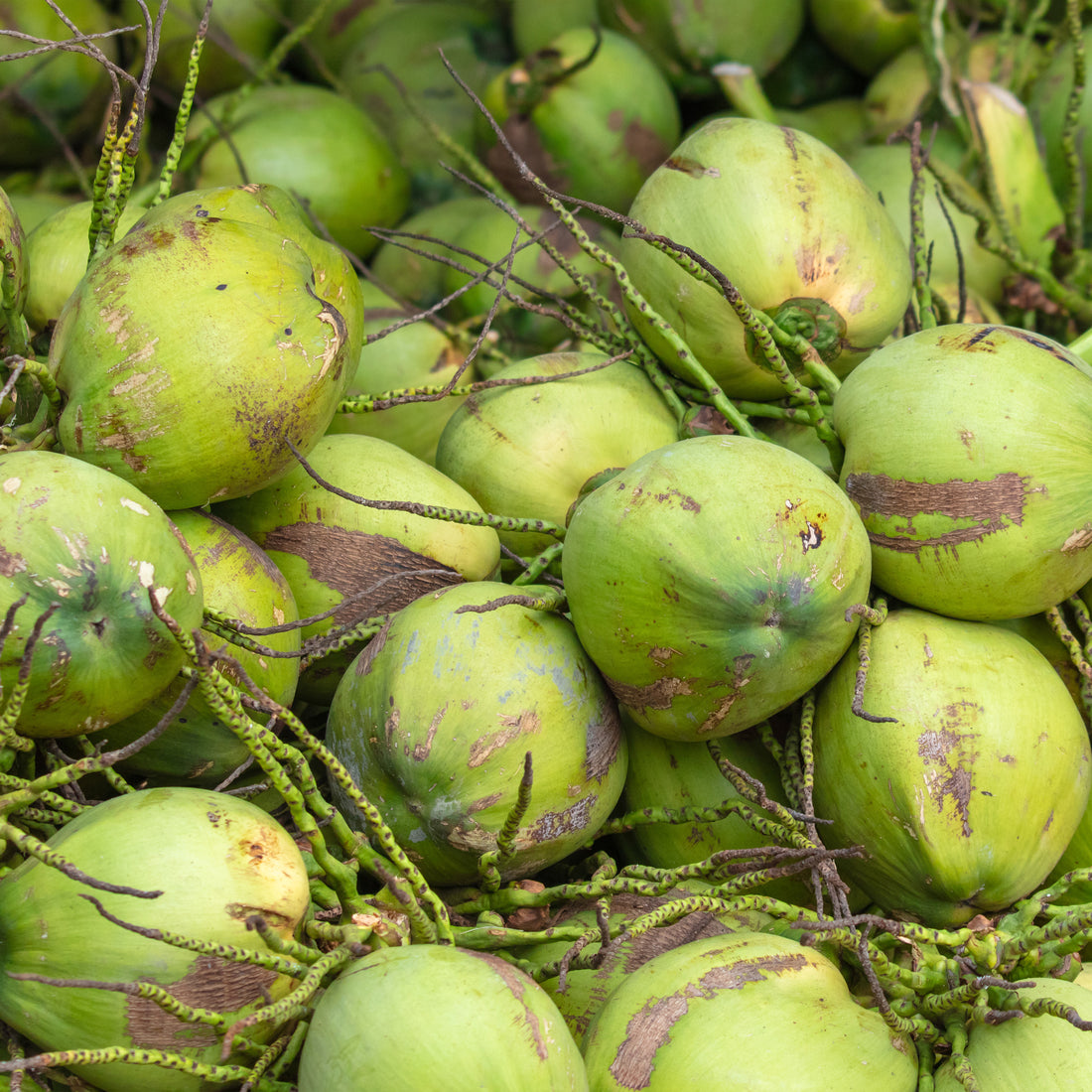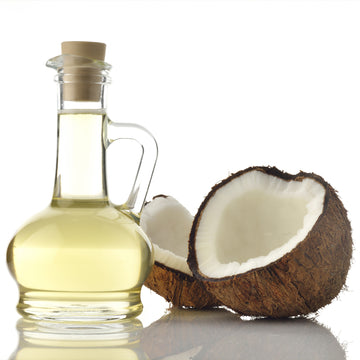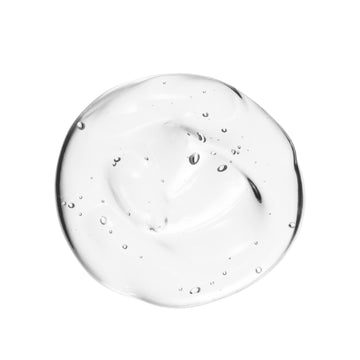
Cocamide DIPA
Cocamide DIPA is a widely used surfactant in personal care and cleaning products. This ingredient offers numerous advantages while maintaining a positive safety profile, making it a popular choice among formulators and consumers alike.
What is Cocamide DIPA?
Cocamide DIPA, also known as Coconut oil diisopropanolamide, is a non-ionic surfactant derived from coconut oil. It appears as a pale yellow liquid or soft paste with a mild, characteristic odor. As a surfactant, it effectively reduces the surface tension between different substances, facilitating efficient cleansing and foaming actions.
How is Cocamide DIPA Made?
Cocamide DIPA is synthesized through a chemical reaction involving two primary components:
- Coconut oil-derived fatty acids
- Diisopropanolamine (DIPA)
The manufacturing process includes the condensation reaction between these components, resulting in the formation of an amide with distinct characteristics.
What Does Cocamide DIPA Do?
Cocamide DIPA boasts several advantageous properties in personal care and cleaning formulations:
- Effective cleansing: It provides excellent cleaning capabilities across various applications.
- Foam enhancement: Cocamide DIPA boosts and stabilizes foam in shampoos, body washes, and other cleansing products.
- Viscosity modification: It aids in thickening formulations, enhancing product texture and consistency.
- Emulsification: Cocamide DIPA helps blend oil and water-based ingredients, improving product stability.
- Conditioning benefits: It can impart mild conditioning effects on hair and skin.
Safety Profile of Cocamide DIPA
Cocamide DIPA is generally regarded as safe for use in personal care and cleaning products:
- Low toxicity: It has minimal acute oral and dermal toxicity.
- Non-irritating: When formulated correctly, it is usually non-irritating to the skin and eyes.
- Biodegradable: Cocamide DIPA is readily biodegradable, minimizing environmental impact.
- Safety assessment: The Cosmetic Ingredient Review (CIR) Expert Panel has evaluated cocamide DIPA and similar ingredients, concluding that they are safe for use in cosmetic formulations when formulated to be non-irritating.
While it is typically well-tolerated, some individuals may experience skin irritation or sensitization with prolonged exposure or high concentrations. As with any ingredient, those with known sensitivities should proceed with caution.
Applications of Cocamide DIPA
Thanks to its versatile properties, Cocamide DIPA finds application in a wide array of products, including:
- Shampoos and conditioners
- Body washes and shower gels
- Hand soaps and facial cleansers
- Bubble baths
- Dishwashing liquids
- Laundry detergents
- Industrial and institutional cleaning agents
Summary
Cocamide DIPA is a multifunctional non-ionic surfactant that provides effective cleansing, foaming, and thickening properties while maintaining a favorable safety profile. Its diverse functionality and compatibility with various formulations make it a popular choice in personal care and cleaning products that require high-performance cleaning, stability, and pleasant texture. As consumers become more conscious of ingredient sourcing and environmental impact, Cocamide DIPA's coconut oil origin and biodegradability further enhance its appeal in modern formulations.


